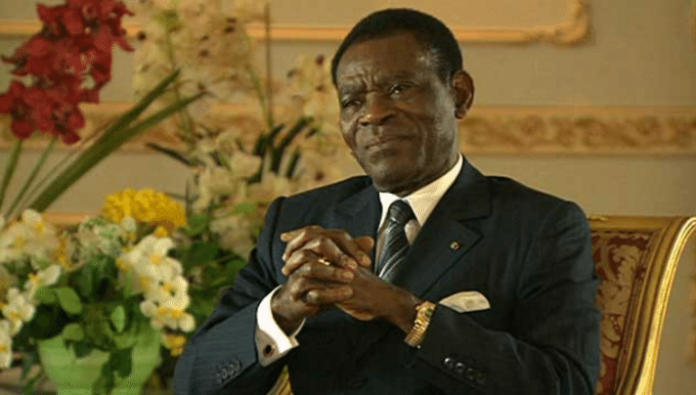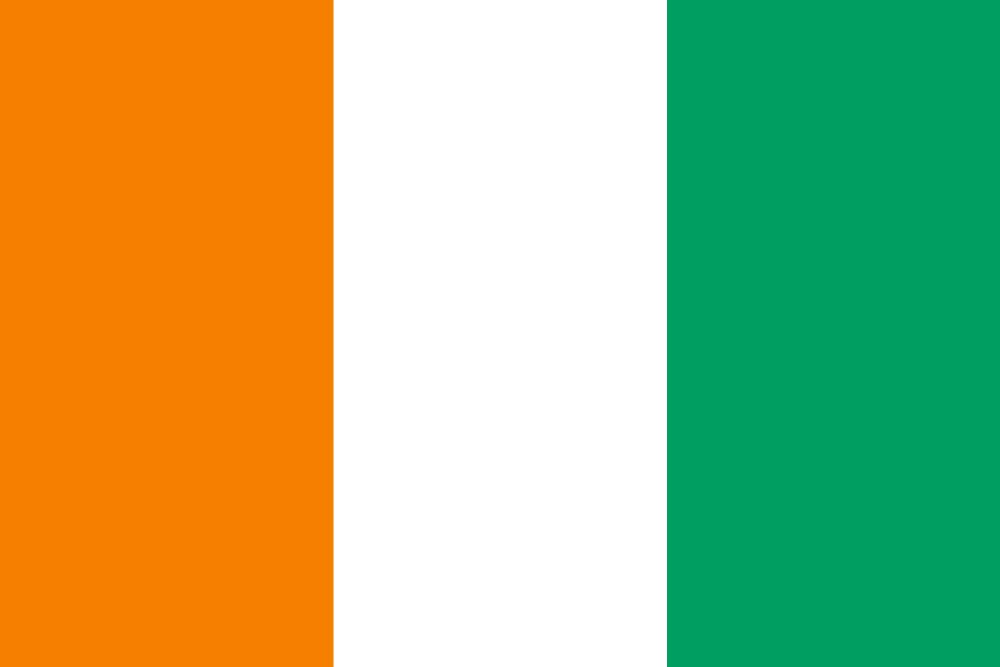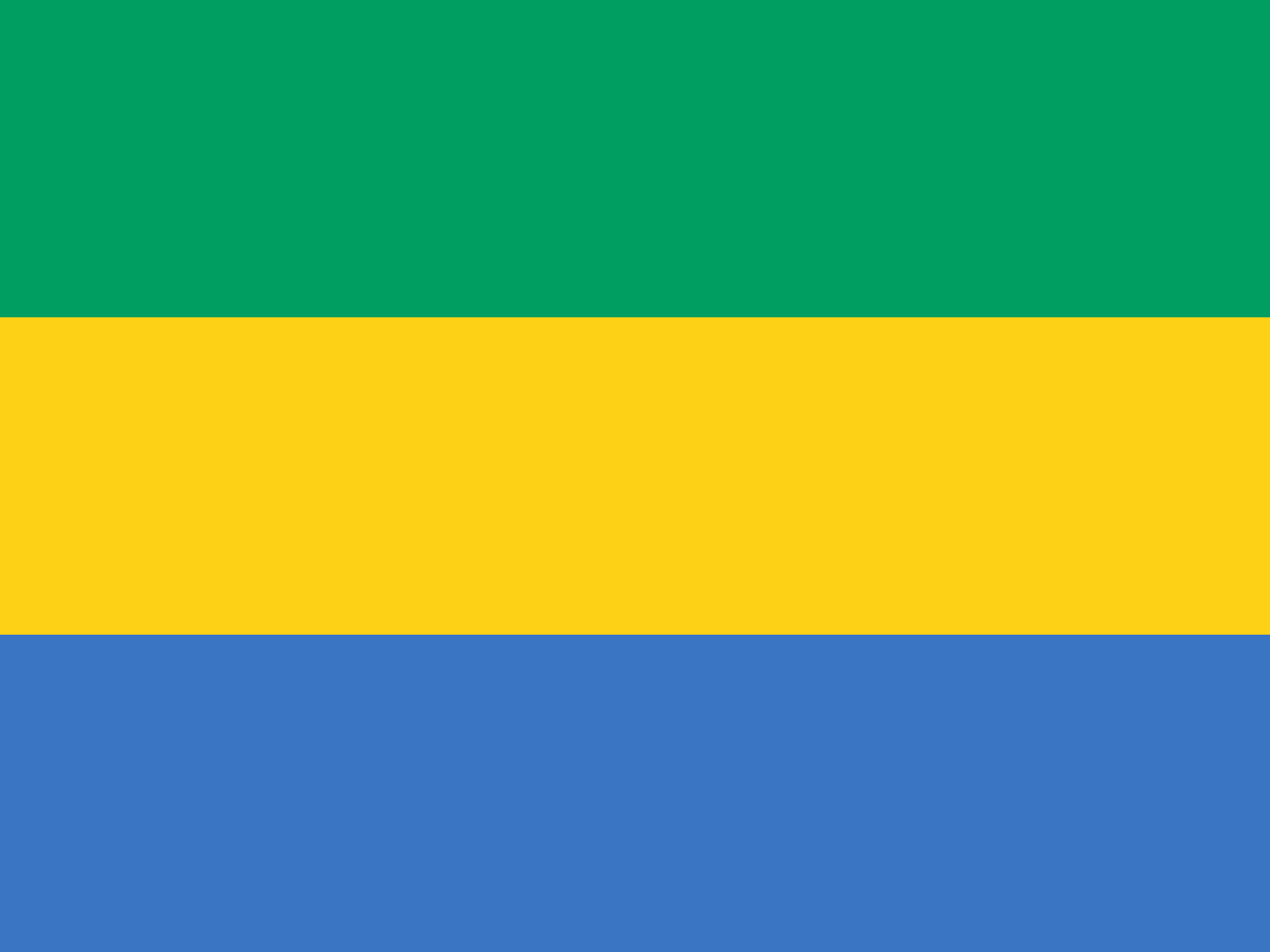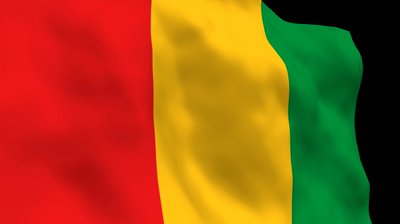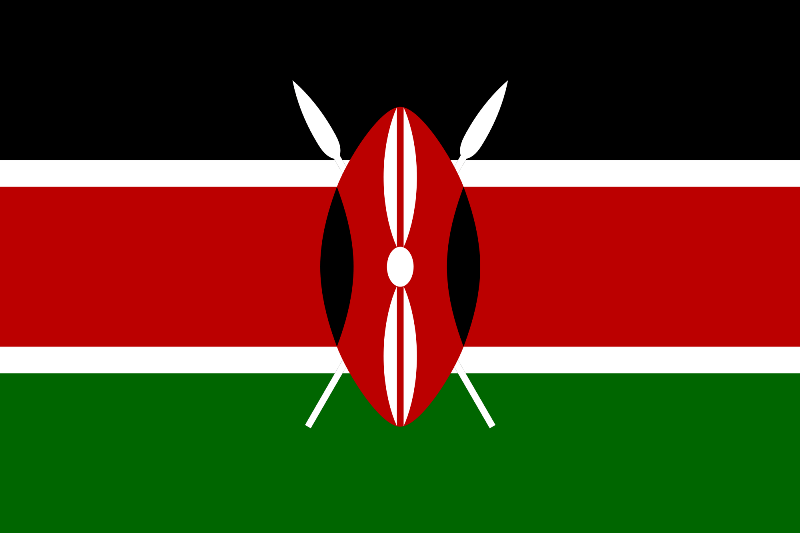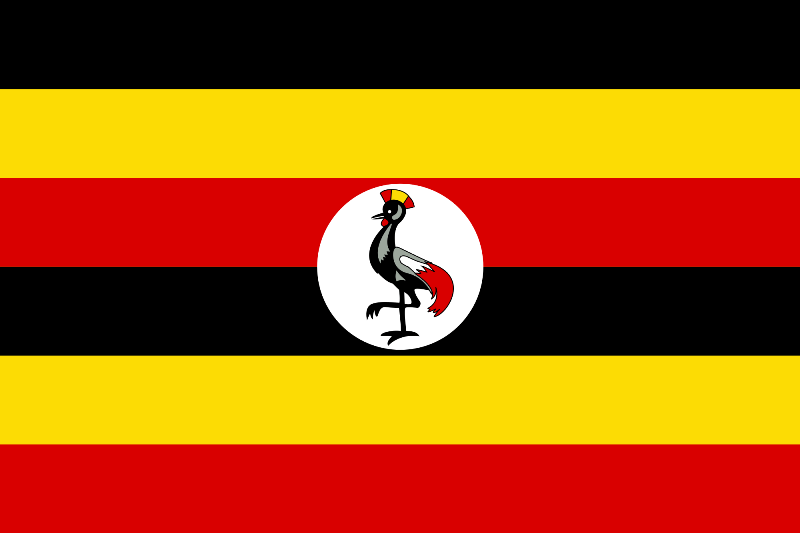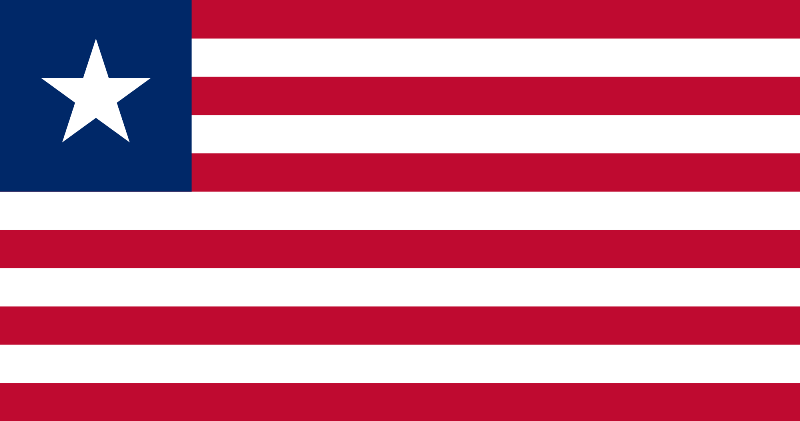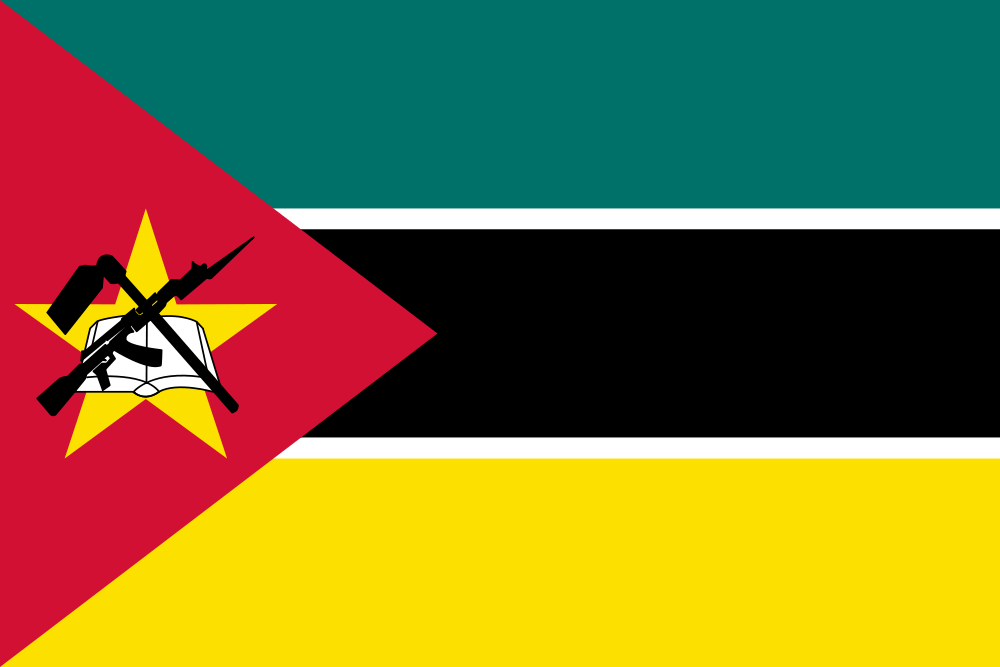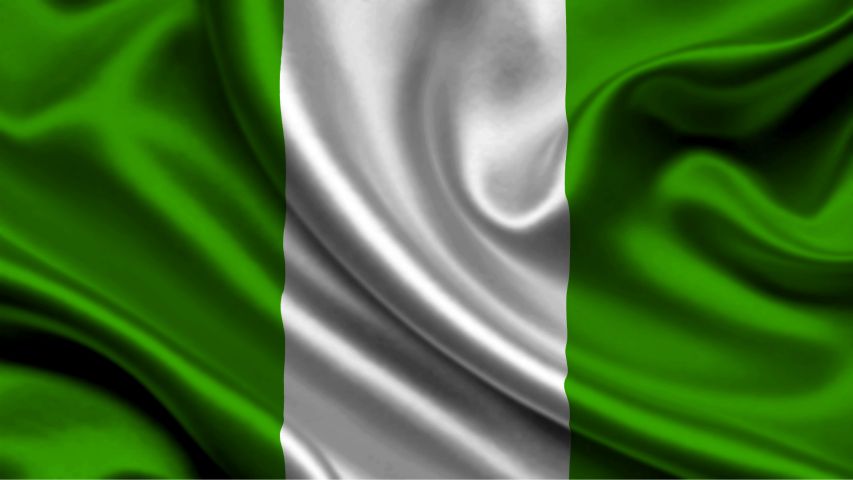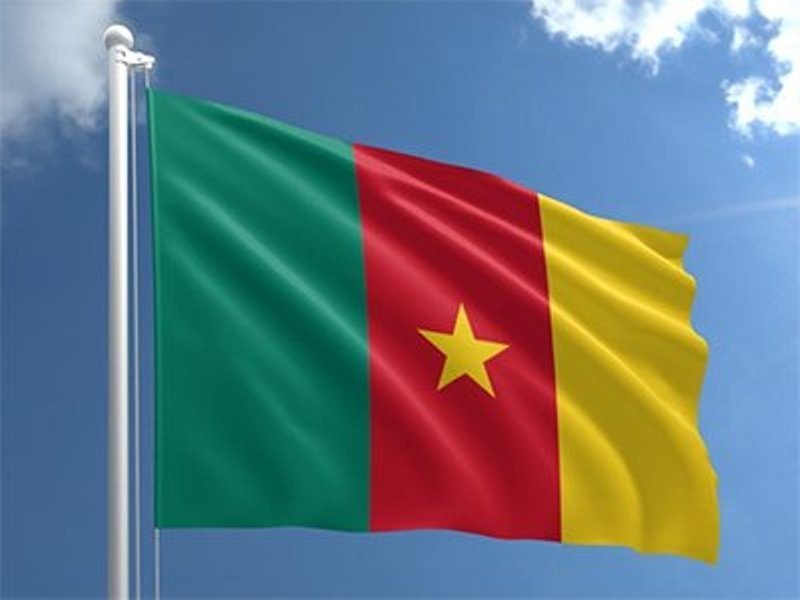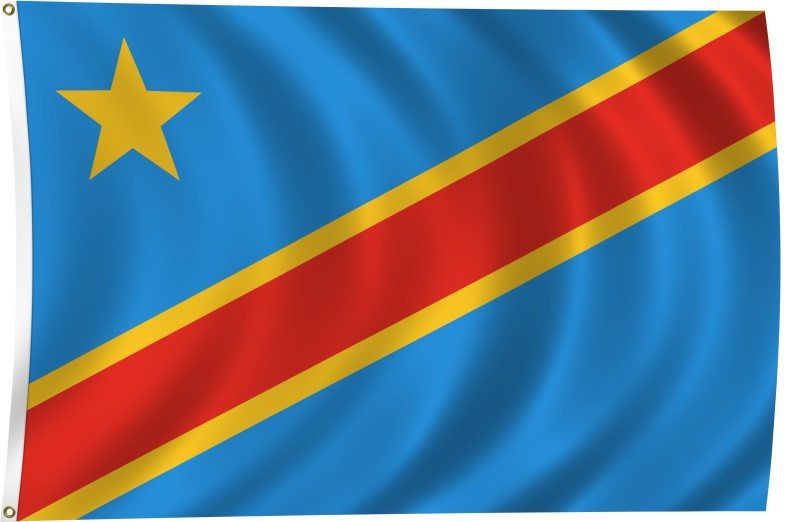It’s very safe to say that corruption has anchored its root to almost every system in Africa. Starting from the political sphere to the economic, financial, security, and social domains, corruption seems to have overshadowed integrity, accountability, fairness, and morality.
While it isn’t arguable that corruption resides only in Africa, recent statistics on corruption across the continent show Africans majorly play along with it, regardless of its detriments.
The list of 10 most corrupt countries in Africa has been released by Transparency International (TI) using a Global Corruption Barometer. The list rates countries based on the level of corruption citizens perceive in their country.
In a bid to determine the level of corrupt practices that have engulfed each country in Africa perceived to be highly corrupt this year, TI surveyed people in 54 African countries. And the result reflects exactly what the members of the countries can relate to.
Truth is, corruption is everywhere, in almost every country on the surface of the earth. But results by numerous researchers show corruption thrives very well in most countries battling with political, economic, and social instabilities.
In as much as corruption is endemic in Africa (as it is in other continents), it has been with man from time immemorial. The essence of this article, however, is not to ridicule any country mentioned herein, but to expose how deep corruption has feasted on Africa and at the same time find possible ways of tackling it.
Which Countries are the Most Corrupt in Africa?
10. Côte d’Ivoire
- 2019 Scores: 35
- 2019 Ranking: 106
In recent times, the country has gone through a turbulent and devastating chapter in ensuring political stability. As a result, the citizens have been trying to make ends meet and when interviewed, about 40% still acknowledge that corruption and corrupt practices are still the bone of contention, with 34% admitting to have paid or taken a bribe during these times.
9. Gabon
- 2019 Score: 31
- 2019 Ranking: 123
Gabon is one small country but made it to the list of the top 10 corrupt countries in Africa. How? About 80% of its current population is of the opinion that corruption has skyrocketed in the last year. Even, just like his counterparts in neighboring regions, President Ali Bongo Ondimba, who has been ruling the country since 2009, has vowed to tackle corruption in the country, to the extent of going after top government officials in his cabinet. Nonetheless, about 35% still take bribes in public service and this is why the country is on this list.
8. Guinea
- 2019 Score: 29
- 2019 Ranking: 130
The country takes a position on the list. About 62% of the country’s population feels corruption has increased in the past 12 months, with 42% accepting to have paid or accepted bribes in its civil service. From bribing to looting, such that the poverty rate of the entire nation is really high. This is because citizens of Guinea survive under $1 per day.
7. Kenya
- 2019 Score: 28
- 2019 Ranking: 137
Kenya too has been hit by graft scandals – almost countless. The report shows that 45% of the Kenyan respondents paid bribes to obtain government services faster. Some percentage also said they would not have gained access to the services if they hadn’t paid the bribes. In addition, public funds mapped out for projects that would have served the public as well as create thousands of jobs that were stolen home by those in charge. A recent report shows that 67% are of the opinion that corrupt practices have increased in the country.
6. Uganda
- 2019 Score: 28
- 2019 Ranking: 137
According to the report, corruption sagas roping in power players resurfaces in government departments and ministries of Uganda even though her current leader, President Museveni, and his administration have embraced anti-corruption war repeatedly.
In the past, a report found that former prime minister, Amama Mbabazi was involved in different corruption cases, particularly one that has to do with the sale of land to the National Social Security Fund (NSSF).
However, President Museveni once granted him immunity against facing justice. Also, the health system is debilitated, with more doctors choosing foreign countries where they can receive fat pay. Schools, mostly in rural areas in Uganda, remain in a substandard state and there are steady teachers’ strikes over low salary. According to the 2007 African Peer Review Mechanism report, the country can’t account for $258.6m (£160.3m) every year, thanks to corruption. There hasn’t been much change over the years.
5. Liberia
- 2019 Score: 28
- 2019 Ranking: 137
Liberians said to gain anything from the government is the same as paying a bribe, as 53% of Liberians had bribes in one year to get served by government officials. The country’s judiciary is way rotten with about 96% naming the Parliament very corrupt.
As a matter of fact, former President, Johnson Sirleaf kicked some powerful people in her government in a quest to clean-off corruption. Regardless of this fact, a recent report shows that 47% believe the rise in corruption is still a fight to be exterminated in the country.
4. Mozambique
- 2020 Score: 26
- 2020 Ranking: 146
35% of Mozambican respondents said either they or someone in their household paid a bribe at some point over the last year. 45% of the respondents felt that the education sector was highly corrupt (only the police were thought more corrupt). The Ministry of Education has been mired in multiple scandals such as diversion of funds and corrupt admission to schools. The report is, however, encouraging in that 64% of the respondents believe ordinary citizens can make an impact in the fight against corruption.
3. Nigeria
- 2019 Score: 26
- 2019 Ranking: 146
The most populous black nation seems to be fraternal with this list, stemming from the fact that between 43% to 44% are familiar with the greasing of palms to get jobs, contracts, most especially in the civil service. A vast majority agrees that the police is rooted in corruption from daily bribes on the roads to harassments in sought of stipends to keep them off your radar. Above all, the political class is testified to be the bigger chunk eating off the country’s dwindling economy as they are notoriously labeled for one money laundry case or another, both home and abroad.
2. Cameroon
- 2019 Score: 25
- 2019 Ranking: 153
Based on the report, about 48% of Cameroonians bribed their way out last year, while 72% agreed corruption level increased in the last 12 months. In the country. A large percentage also concur that corruption was deep-rooted in schools.
1. Democratic Republic of Congo (DRC)
- 2019 Score: 18
- 2019 Ranking: 168
In the Democratic Republic of Congo, a huge percentage of about 85% agreed to have bribed their way through dealings to have their way in their day-to-day activities in the country. Another, 80% attest to the rot of corruption ongoing in almost all facets of their private and governmental institutions, with a considerable amount of 38% confirming their engagements in bribe-free situations. Nonetheless, the country has its tag as the most corrupt African country with the ushering of the new year 2020.
Identifiable Causes of Corruption In Africa
In Africa, corruption is as prevalent as it is in other developed, developing, and underdeveloped countries in the world. What this simply means is that affected countries share common factors that breed corruption.
Some identifiable causes of corruption in Africa include selfishness, greed, political conflicts, lack of political will, the weak judicial system, lack of fairness, transparency and accountability, the absence of ethical values, among others.
What are the Possible Ways of Fighting Corruption in Africa?
While it looks almost impossible to put a lid on corruption in African countries, it’s very much possible to keep a tight rein on it. Some of the ways to keep the ‘monster’ under control is by;
- Speaking up for your right even in the face of threat, intimidation or harassment.
- Ensuring our communities have access to basic social service and amenities.
- Carrying out constructive assessments and evaluation of leaders and demanding accountability from them, irrespective of how powerful they might be or appear to be.
- Taking urgent and necessary disciplinary measures against abusive leaders and their cohorts in the government.
- Creating room for citizens, especially poor families, to have meaningful dialogue with leaders. Remember, corruption to a very large extent gives rise to poverty and other unpleasant ills.
References
- https://en.wikipedia.org/wiki/Corruption_Perceptions_Index
- https://www.pulse.ng/bi/politics/these-are-the-15-most-corrupt-countries-in-africa/7dx2kk5
- https://www.transparency.org
- https://www.transparency.org/en/countries/afghanistan?redirected=1
